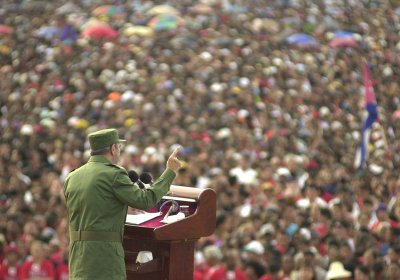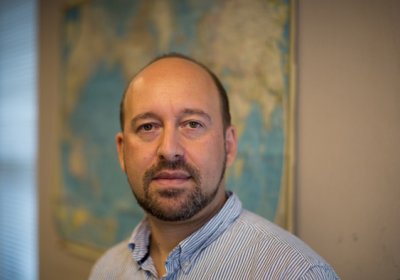The end of October brought an end to the deadlock within Spanish congress with the re-election of Mariano Rajoy of the Popular Party (PP) as prime minister with the support of the neoliberal Citizens and the abstention of the traditional social democratic Spanish Socialist Workers’ Party (PSOE).
But while the political and economic elites breathed a temporary sigh of relief in Madrid and Brussels, almost 100,000 opponents of the new right-wing government gathered to protest in Puerta del Sol, in the heart of the capital.











